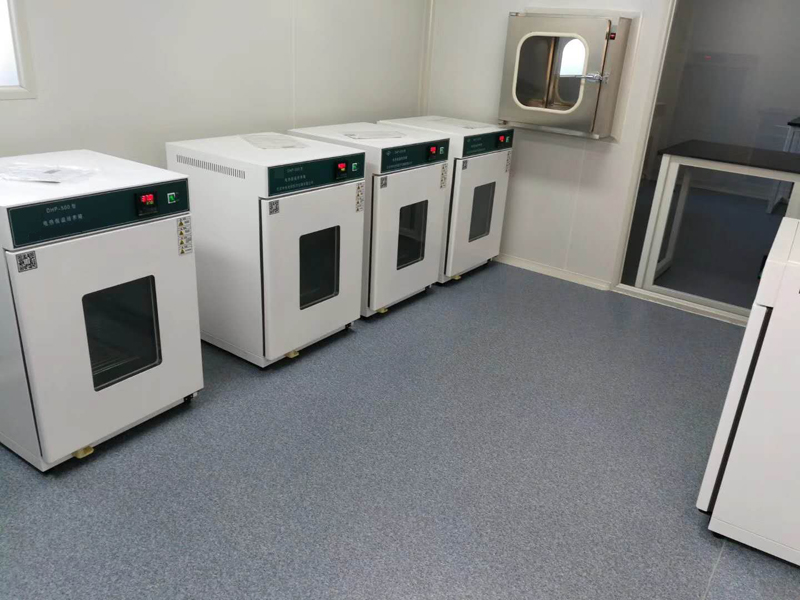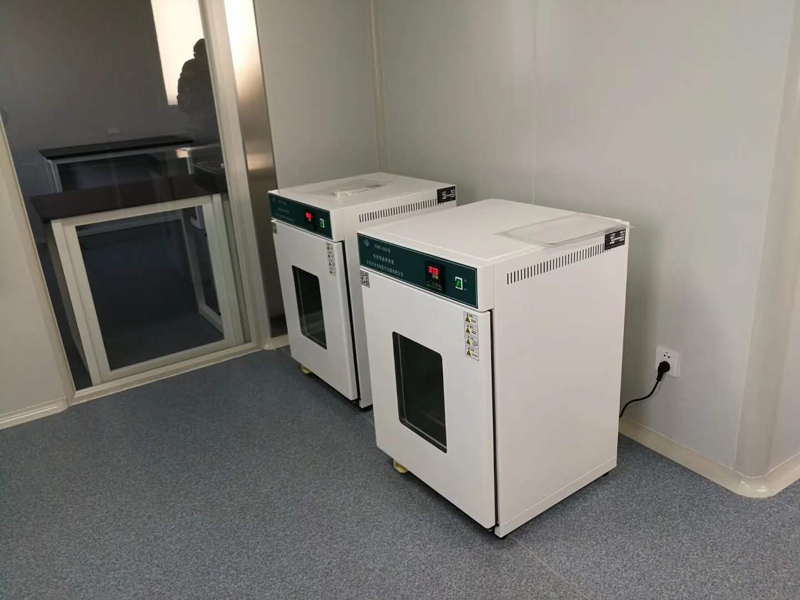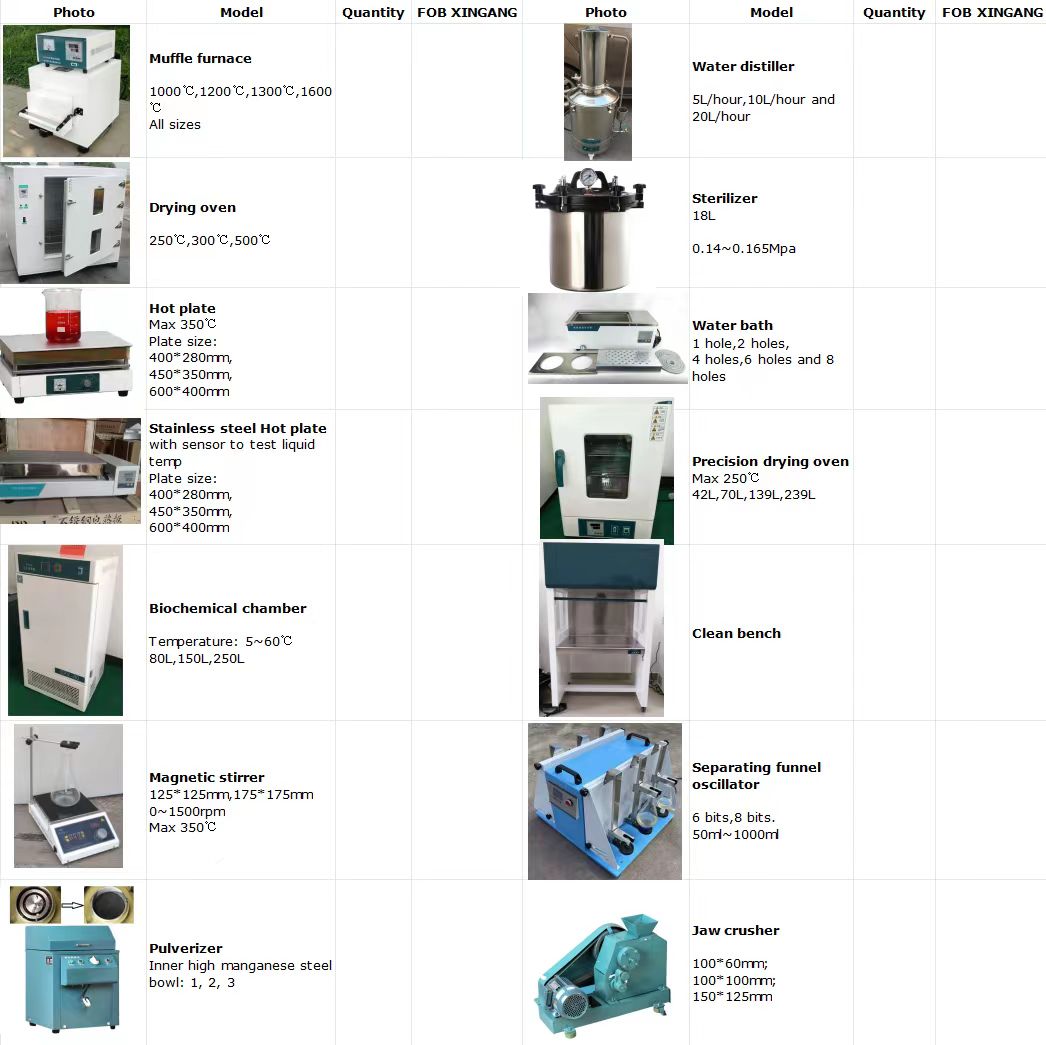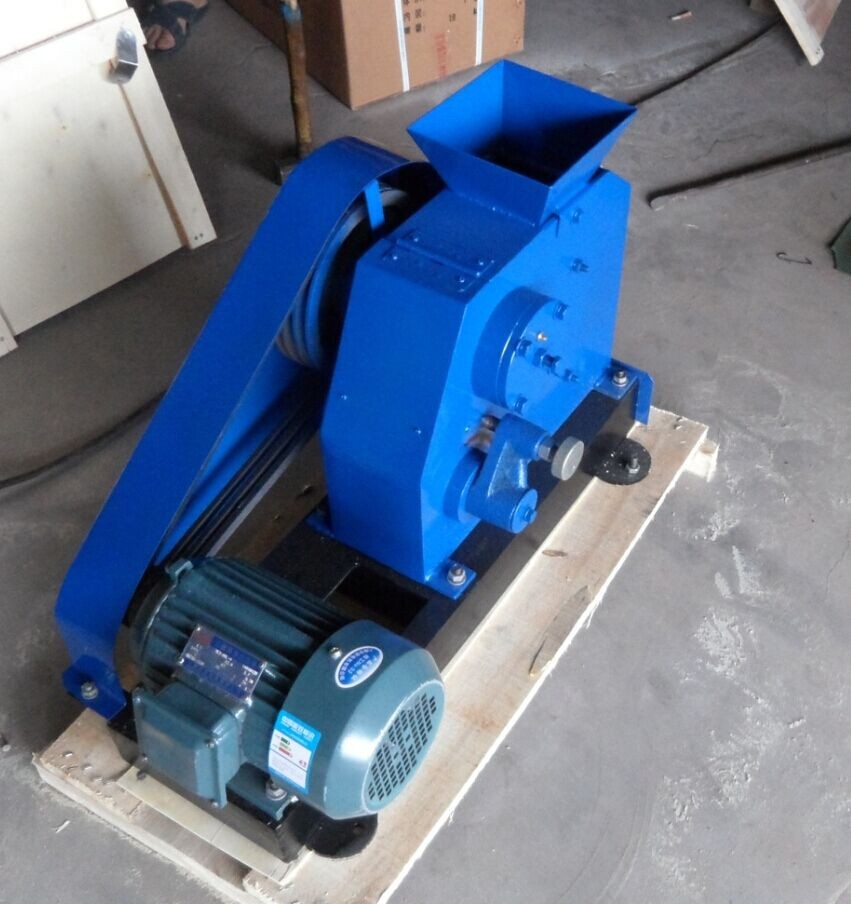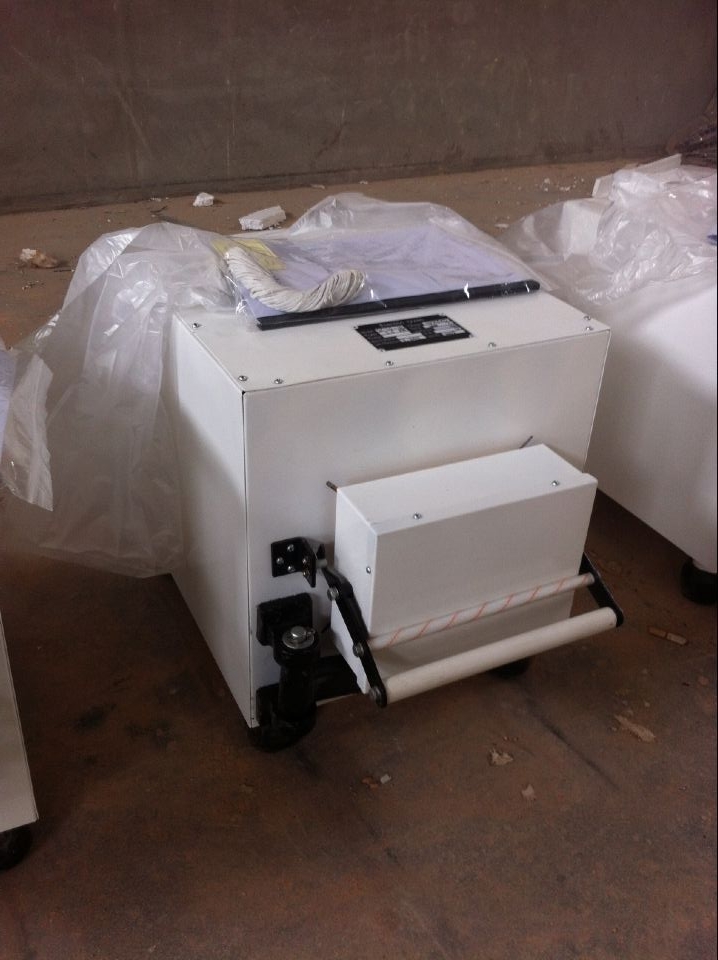Laboratory Constant Temperature electric heating Incubator
Laboratory Constant Temperature electric heating Incubator
Laboratory Electric Heating Incubator: A Crucial Tool for Scientific Research
Introduction
Laboratory electric heating incubators are essential equipment in scientific research and various industries. These incubators provide a controlled environment for the growth and maintenance of microbiological cultures, cell cultures, and other biological samples. They are widely used in research laboratories, pharmaceutical companies, biotechnology firms, and academic institutions. This article will explore the significance of laboratory electric heating incubators, their applications, and the key features that make them indispensable in scientific research.
Importance of Laboratory Electric Heating Incubators
Laboratory electric heating incubators play a crucial role in maintaining optimal conditions for the growth and development of biological samples. These incubators provide a stable temperature, humidity, and often a controlled CO2 environment, which are essential for the cultivation of various cell lines, microorganisms, and tissues. The ability to create a controlled environment is vital for ensuring the reproducibility and reliability of experimental results in scientific research.
Applications of Laboratory Electric Heating Incubators
The applications of laboratory electric heating incubators are diverse and encompass a wide range of scientific disciplines. In microbiology, these incubators are used for the cultivation of bacteria, fungi, and other microorganisms. They are also employed in cell biology for the maintenance and propagation of cell lines, primary cells, and tissue cultures. Additionally, laboratory electric heating incubators are utilized in molecular biology for the incubation of DNA and RNA samples, as well as in pharmaceutical research for drug stability testing.
Key Features of Laboratory Electric Heating Incubators
Laboratory electric heating incubators are designed with several key features that make them indispensable in scientific research. These features include precise temperature control, uniform heat distribution, adjustable humidity levels, and often the option for CO2 regulation. The ability to maintain a stable and uniform environment is critical for the successful cultivation of biological samples. Furthermore, many modern laboratory electric heating incubators are equipped with digital controls, alarms, and data logging capabilities, allowing researchers to monitor and record the environmental conditions within the incubator.
Types of Laboratory Electric Heating Incubators
There are several types of laboratory electric heating incubators available, each designed to meet specific research requirements. Gravity convection incubators rely on natural air convection for heat distribution and are suitable for general-purpose applications. Forced air convection incubators utilize a fan for improved heat distribution, making them ideal for applications requiring precise temperature control and uniformity. CO2 incubators, on the other hand, are specifically designed for cell culture applications, providing a controlled environment with regulated CO2 levels for optimal cell growth.
Considerations for Selecting a Laboratory Electric Heating Incubator
When selecting a laboratory electric heating incubator, researchers should consider several factors to ensure that the chosen incubator meets their specific needs. These factors include the required temperature range, humidity control, CO2 regulation, chamber size, and the presence of additional features such as UV sterilization, HEPA filtration, and programmable controls. It is essential to assess the intended applications and research requirements to determine the most suitable incubator for the laboratory.
Maintenance and Care of Laboratory Electric Heating Incubators
Proper maintenance and care of laboratory electric heating incubators are essential to ensure their optimal performance and longevity. Regular cleaning of the interior and exterior surfaces, as well as the removal of any spills or contaminants, is crucial for maintaining a sterile environment within the incubator. Additionally, calibration of temperature, humidity, and CO2 sensors should be performed at regular intervals to ensure accurate and reliable operation. It is also important to follow the manufacturer’s guidelines for routine maintenance and servicing to prevent malfunctions and ensure the safety of the incubator.
Future Developments in Laboratory Electric Heating Incubators
Advancements in technology continue to drive the development of laboratory electric heating incubators, leading to improved performance, enhanced features, and greater user convenience. The integration of advanced control systems, wireless connectivity, and remote monitoring capabilities are expected to further streamline the operation and monitoring of incubators. Furthermore, the incorporation of energy-efficient designs and sustainable materials aligns with the growing emphasis on environmental sustainability in laboratory equipment.
Conclusion
Laboratory electric heating incubators are indispensable tools in scientific research, providing a controlled environment for the cultivation and maintenance of biological samples. Their applications span across various scientific disciplines, and their key features, such as precise temperature control and uniform heat distribution, are essential for ensuring the reproducibility of experimental results. As technology continues to advance, laboratory electric heating incubators are expected to evolve with improved performance and enhanced capabilities, further contributing to the progress of scientific research and innovation. Proper maintenance and care of these incubators are crucial to their optimal performance, and researchers should carefully consider their specific requirements when selecting an incubator for their laboratory.
Characteristics:
1.The shell is made of high quality steel, thesurfaceelectrostatic spraying process.The inner container adopts high quality steel plate.
2.The temperature control systemadpotsmicrocomputersingle-chiptechnology, intelligent digitaldisplay meter,withPIDregulation characteristics, settingtime, modified temperature difference, over-temperaturealarm and other functions, high precision temperature control, strong function.
3.The height of the shelf can be adjustable optionally.
4.Reasonablewind tunnel and circulationsystem to improvethetemperature uniformityinthe working room.
| Model | Voltage | Rated power(KW) | Wave degree of temperature(℃) | Range of temperature(℃) | workroom size(mm) |
| DHP-360S | 220V/50HZ | 0.3 | ≤±0.5 | RT+5~65 | 360*360*420 |
| DHP-360BS | |||||
| DHP-420S | 220V/50HZ | 0.4 | ≤±0.5 | RT+5~65 | 420*420*500 |
| DHP-420BS | |||||
| DHP-500S | 220V/50HZ | 0.5 | ≤±0.5 | RT+5~65 | 500*500*600 |
| DHP-500BS | |||||
| DHP-600S | 220V/50HZ | 0.6 | ≤±0.5 | RT+5~65 | 600*600*710 |
| DHP-600BS | |||||
| B indicates the material of the inner chamber is stainless steel. | |||||





